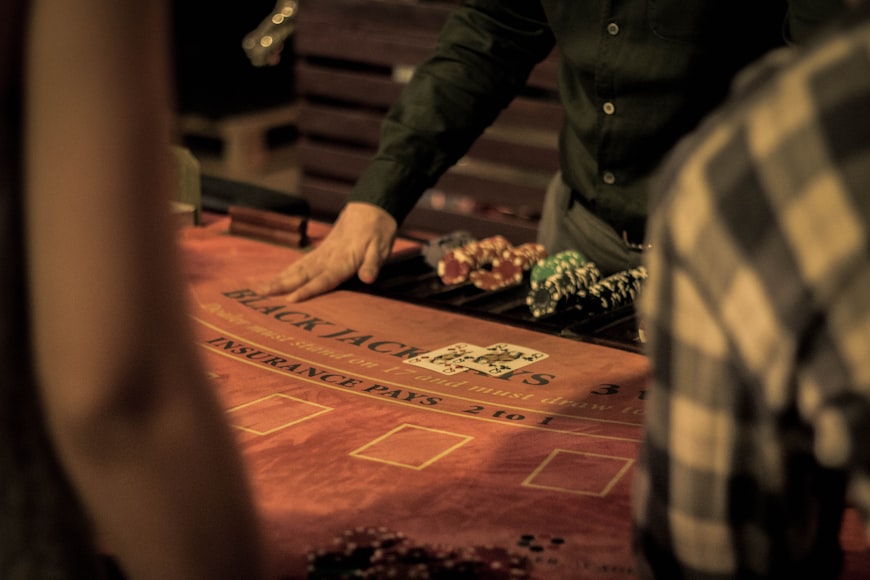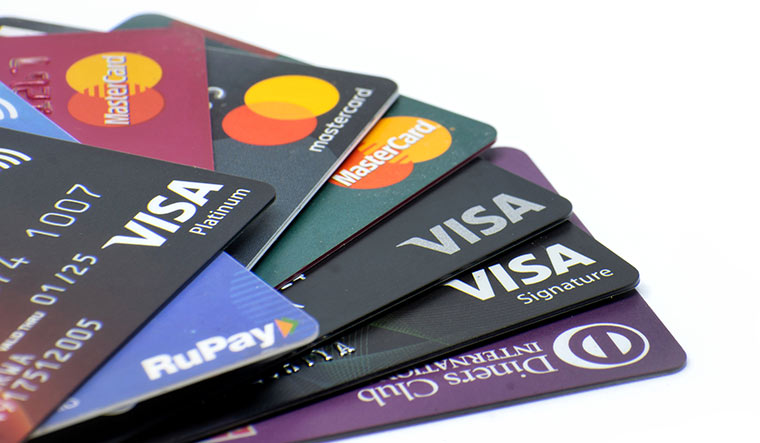A Comprehensive Overview of the Dutch Gambling Market

Liberalisation of the Dutch gambling market started in 1961. However, the journey to the current gambling laws began in 1986 with the commissioning of slot machines. It paved the way for the subsequent gambling laws, especially with the onset of online gaming. Currently, the industry is buzzing with several offers. This overview shows the gradual development of gambling in the Netherlands and the prospects for the future.
The Legalisation Journey
The first attempt to regulate gambling was in 1986 when the government legalised slot machines. However, they were in physical locations like gaming arcades and entertainment joints. It saw the gradual increase of legal casinos in the country to 13. It was closely followed by the introduction of Postcode Lottery in 1989 and the privatisation of the state lottery in 1992. After this, the gambling market grew rapidly, registering a staggering 120% in net returns by 2005.
However, these figures did not include the illegal underground slots and casinos in bars and alleys. Unofficially, they hosted a bigger earnings percentage than the registered casinos. However, it brought in gambling addiction and other vices, which prompted the authorities to develop strict rules and regulations to manage the practice.
The Legislative Tussle
The Dutch government set up a regulator, KSP (Kansspelautoriteit), to monitor gambling activities. Since gambling regulation wasn’t anchored in law, there were no punitive measures to guide online gaming platforms. The gambling operators had no moral obligation to control the excesses brought about by gambling addiction.
Research by KSP in 2014 showed severe ramifications caused by gambling and gambling activities in the Netherlands.
- The industry had up to 19 online gambling platforms, which carried out their operations undeterred.
- There was rampant online gambling promotion in the period under study.
- By 2013, the Dutch Gambling Industry generated over €2.2 billion, with over €480 million accruing in taxes. However, the estimated revenue in online gambling was somewhere between €250 and €850 billion.
KSP responded by shutting down several operators as per their physical casino operator laws in the late 1980s. It was followed by a stun warning to companies contravening the gambling laws. They risked missing out on the license when the government liberalised the industry.
The growth of the industry saw over 200 operators requesting gambling licences. However, the absence of substantive law meant the Dutch legislative assembly had to come in. The process started in 2014 in the Dutch House of Representatives. By 2016, they passed the Remote Gaming Act to regulate online gambling. However, the journey took over two-and-a-half years to get the Senate’s nod.
The Remote Gaming Act of 2019
The Act had far-reaching recommendations, which included the following:
- Official online gambling registration to begin in mid-2020. Companies interested in participating in online gambling to prepare and align their operations.
- The operators were to come up with comprehensive plans for responsible gambling. Player protection should take centre stage in the process.
- The Dutch government should tax the operators 29.1% of their gross revenue.
- The Act also protected minors from any form of gambling activities.
- Senate also came up with a request to the government to share the criteria of blocking out unregulated online gambling sites.
- There were also directions on fining policy, anti-money laundering, gambling advertisement and gamblers’ code of conduct.
The passing of this Act meant that gambling operators were responsible for any effects brought about by the service. It also secured gambling activities within the confines of the law as it curbed fraud and addiction. Over 1.8 million Dutch are actively gambling, which is one of the highest in Europe.
Furthermore, the law only allows online gambling operators with websites hosted in the Netherlands. It locks out offshore operators, save for special operators who have to get permission from the regulator.
Post Regulation Period
Since 2021 when the Dutch Gambling Act came into force, the industry has grown considerably. Dutch gamblers are particularly invested in playing live dealer games as can be seen on live-casino.nl. The first companies to get the remote gaming license were Tombola, Bet365 and Play North LTD. The country is one of the largest gaming markets in Europe, with every gambling company eyeing a stake. With the country boasting over 95% in internet penetration, the scope is growing every day.
Data from the Dutch Gambling Authority projects that by 2024, over 1.1 billion people worldwide will be gambling. With the current growth of active gamblers in the Netherlands, the country will contribute significantly to these statistics. Therefore, the government has resolved to enforce responsible gaming through the Central Exclusion Registry (CRUKS). All online and offline gaming operators must sign up with CRUKS and comply with its formation.
Online Gambling Operators in the Netherlands
The following are some of the companies that fulfilled the registration criteria and operate in the Netherlands today:
- King Billy Casino
- Tsars
- 7BitCasio
- CashiMashi Casino
- Dux Casino
- Pino Casino
- Betamo Casino
- Cookie Casino
- Avalon 78 Casino
- Mason Slots




